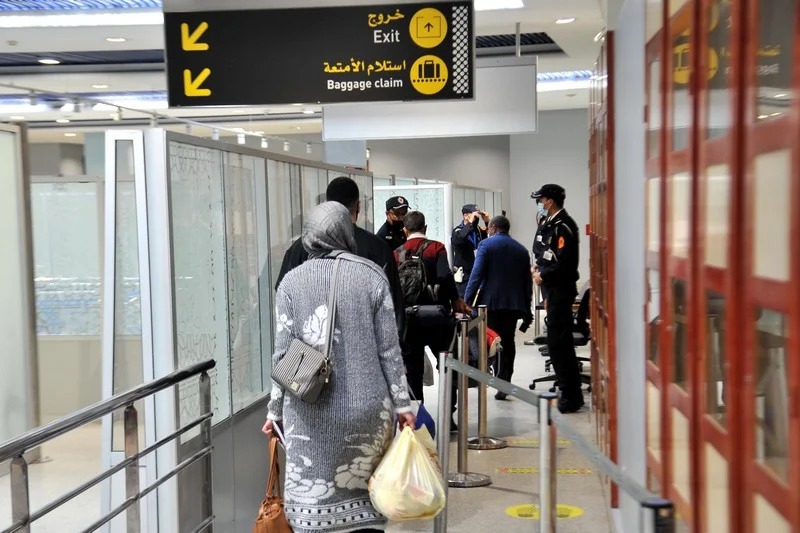Rabat – Many Moroccan residents of Spain have found themselves stuck in Morocco after spending the summer vacation and are unable to return by plane, El Faro De Ceuta reported on Tuesday.
The reason is a new rule from Spain’s General Commissariat for Immigration and Borders, which has restricted the use of return authorizations between June 15 and September 30.
As the Spanish outlet explains, the rule creates a big difference between travelers depending on how they enter Spain.
Moroccans with an expired residence card can still return by land or sea if they present a valid passport, their expired residence permit, and proof that they applied for renewal. This applies at the land borders of Ceuta and Melilla and at Spanish ports with links to Morocco.
The situation is much stricter for those returning by flight. Airlines will not allow boarding unless passengers have either a valid residence permit or a special return authorization obtained before leaving Spain. Without this document, many Moroccans cannot fly back.
What is a return authorization?
A return authorization is an official document that allows foreigners who are renewing their residence permit to leave Spain temporarily and re-enter without problems at the border. It is normally used so that residents can travel for holidays or family visits without losing their legal status.
But in the summer months, Spanish authorities receive a surge in applications. To avoid delays and reduce pressure on immigration offices, the Interior Ministry decided to relax the rules for land and sea crossings, but not for air travel, El Faro De Ceuta reported.
The rule has caused confusion and frustration. Many Moroccans who spent their summer holidays back home were surprised to discover that they could not fly back to Spain, even though they had the required papers to enter by land or sea.
Some families have been separated, workers risk losing their jobs for not returning on time, and students worry they may miss the start of the academic year.
University students from Morocco are also affected. Those with residence cards under renewal or with first-time study visas also need a return authorization to board a flight.
The impact is most visible in Ceuta and Melilla. Many Moroccans have been able to cross back by car or bus, while others have been stuck in Morocco simply because they planned to return by air.
This has led to anger in the Moroccan community, with complaints about poor communication. Many say they were never clearly told that the new rule only applied to land and sea borders, not airports.
